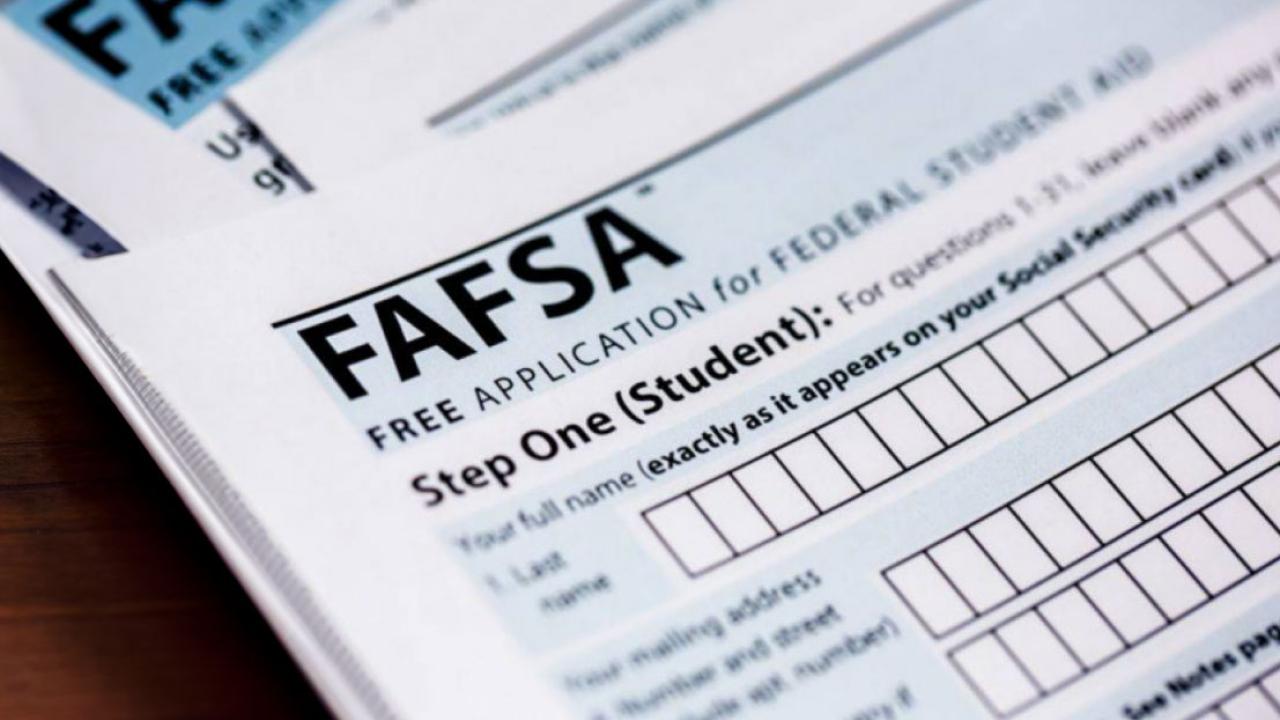
Big changes coming soon with federal student aid process
UC Davis Financial Aid and Scholarships offers help to students, families
Quick Summary
- The 2024-25 Free Application for Federal Student Aid (FAFSA) opens in December with a major overhaul.
Typically, each October, college students and their families receive alerts that the Free Application for Federal Student Aid (FAFSA) is open. This year, applications for 2024-25 won’t open until December. Along with that delay comes several other changes to the financial aid application process.
UC Davis Financial Aid and Scholarships team members are offering a series of webinars for students and families, as well as several student service organizations on campus, to prepare everyone.
According to Deborah Agee, the executive director for Financial Aid and Scholarships, the FAFSA overhaul is the first significant redesign of the process in over 40 years.
Key changes
In addition to the change in the timing of the application, Agee said there are four key changes to the application that begin with the 2024-25 application.
Contributors – A contributor is anyone who supplies information in support of the student’s federal aid application (for example, a parent, guardian or student spouse). Each contributor must consent to include their information on the student’s FAFSA.
IRS data – Students and families no longer need to input income tax information into the form. Instead, all contributors consent to the IRS to share tax data with the U.S. Department of Education.
Student Aid Index – Student Aid Index (SAI) replaces the Expected Family Contribution (EFC) formula. This number is used to assess a family’s financial need compared to other applicants. It is a measure to decide eligibility for federal aid.
Unusual circumstances – The Unusual Circumstances appeal is for applicants who would like to request a review of their dependency status for financial aid consideration. FAFSA automatically grants provisional independent status through the new FAFSA process.
FASFA Simplification Act
“The changes are the result of the FAFSA Simplification Act,” Agee explained. “The U.S. Department of Education leads the initiative and changes for applying for federal student aid. The idea is to make the process easier.”
She added that the law also affects every state that uses FAFSA data to award state grant aid as well as every school that takes part in federal student aid programs. The law, which Congress passed in 2020, aims to reduce the number of questions on the application and make federal aid, specifically Pell Grants, more readily available.
“The education department made a modeling tool available to institutions so we could assess the changes,” Agee said. “At UC Davis, when we entered our Academic Year 2022-23 data into the modeling tool, we see a 27% increase in Pell Grant eligibility. This means our Pell eligible student are forecast to see an average increase of $586.”
Financial Aid and Scholarships is here to help
To ensure UC Davis students and their families are prepared for the new FAFSA form, Agee and the Financial Aid and Scholarships team prepared a number of resources. In addition to a dedicated web page that includes presentations and fact sheets in Spanish and English, the team offers a series of webinars to help in setting up a FASFA application. To register for a webinar, visit the website.
Agee said the team is also providing presentations and guidance to advisors, academic center staff and other units across campus to ensure awareness of the changes and the delayed timeline.
“This is going to be a change for everyone,” she said. “We want to do everything we can to support UC Davis students’ access to federal and state financial aid and help them navigate the new process.”
